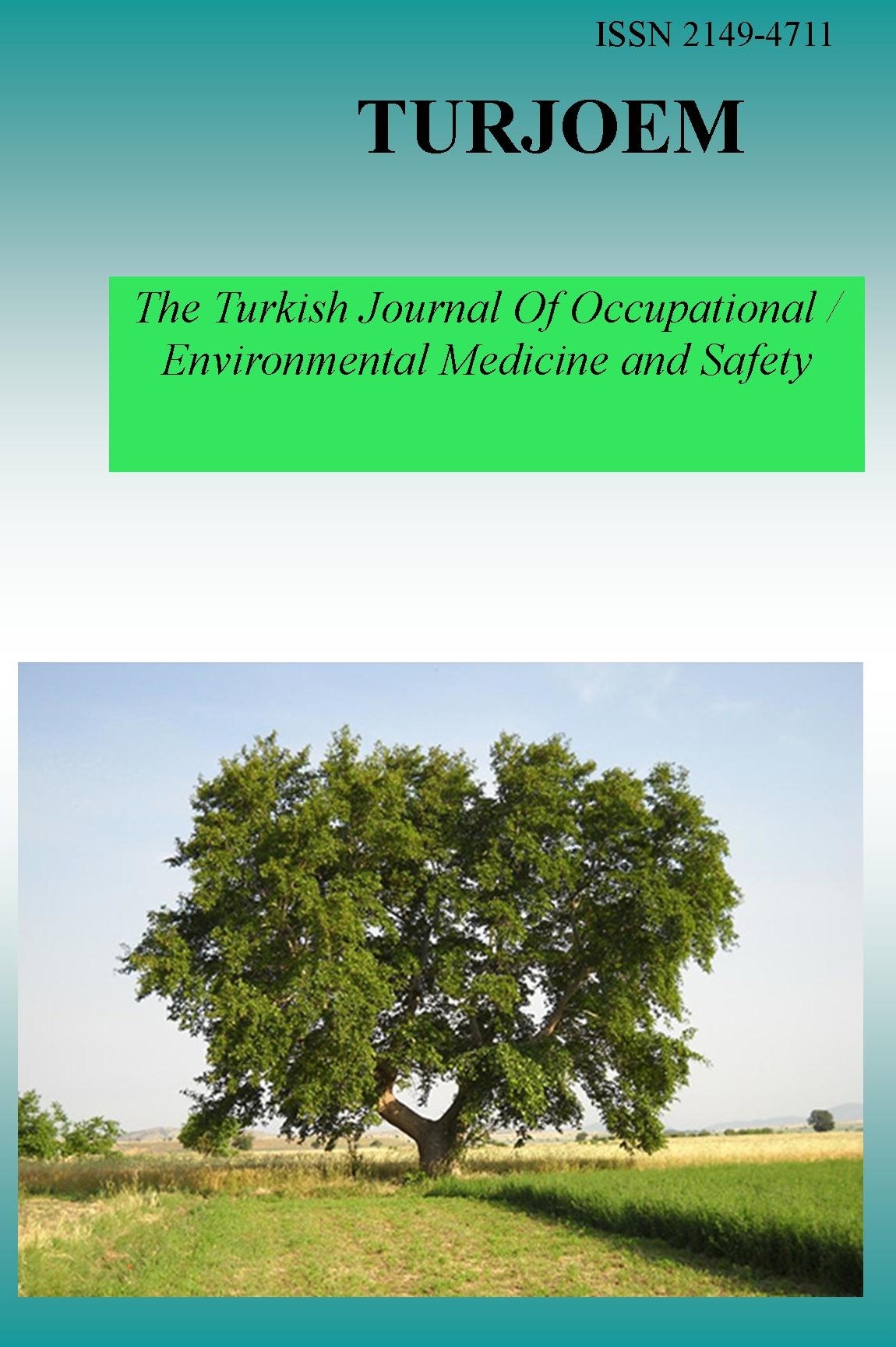INVESTIGATING OF THE EFFECT OF GENE POLYMORPHISMS AND TOXICOLOGICAL PARAMETERS IN MYELOMENINGOCELE
INVESTIGATING OF THE EFFECT OF GENE POLYMORPHISMS AND TOXICOLOGICAL PARAMETERS IN MYELOMENINGOCELE
INVESTIGATING OF THE EFFECT OF GENE POLYMORPHISMS AND TOXICOLOGICAL PARAMETERS IN MYELOMENINGOCELE,
___
- Gokmen KAHİLOĞULLARI, Zeliha KAYAALTI, Dilek KAYA-AKYÜZLÜ, Umit EROĞLU, Mustafa Cemil KILINC, Fezile ÖZDEMİR, Tülin SÖYLEMEZOĞLU
- Department of Neurosurgery, Ankara University, Ankara, Turkey Institute of Forensic Sciences, Ankara University, Ankara, Turkey
- ISSN: 2149-4711
- Başlangıç: 2015
- Yayıncı: Engin TUTKUN
DETERMINATION OF THE ADULTERATION IN OLIVE OILS WHICH SOLD UNCONTROLLED
Nesrin IÇLI, Gülçin Ö. ÇANTAY, Sezen ÇETINER, Zeliha KAYAALTI
GENOTOXIC PROPERTIES OF SOME N-PHENYLBENZAMIDE AND N-PHENYLACETAMIDE DERIVATIVES
Fatma ZİLİFDAR, Egemen FOTO, Tugba Ertan BOLELLİ, Esin AKI, İsmail YALÇIN, Nuran DİRİL
CHALLENGES IN IDENTIFYING THE NEW-GENERATION PSYCHOACTIVE SUBSTANCES
Dilek SALKIM IŞLEK, Salih CENGIZ, Gülten RAYIMOĞLU, Fatma ÇAVUŞ, Emel Hülya YÜKSELOĞLU
DEVELOPMENT OF AN HPTLC METHOD FOR THE DETERMINATION OF PATULIN
Ömer KURADA, Zeynep TÜRKMEN, Tarkan BARUT, Selda MERCAN, Münevver AÇIKKOL
THE IMPORTANCE OF MYCOTOXINS IN DAIRY PRODUCTS
Gizem GÜLER, Cuma AKTAŞ, Ayla ÇELİK
DETERMINATION OF Cu (COPPER) AND Fe (IRON) CONTENT IN SELECTED GREEN LEAFY VEGETABLES
Bahareh GHASEMI, Ali Akbar MALEKIRAD, Habibollah NAZEM, Mohammad FAZILATI, Hosein S ALAVATI
THE EFFECT OF ARSENIC ON GENE POLYMORPHISM ASSOCIATED WITH OXIDATIVE STRESS
Esra BALCIOĞLU, Zeliha KAYAALTI
ESTIMATION OF THE MEASUREMENT UNCERTAINTY OF DIGOXIN
P. BARAN, C. BAL, S. TURHAN, O. ŞEN, O. EREL
GENOTOXIC EFFECTS OF SILICON DIOXIDE NANOPARTICLES IN ALLIUM CEPA
Özlem ÇALBAY, Fatma ÜNAL, Zekiye SULUDERE, Deniz YÜZBAŞIOĞLU
